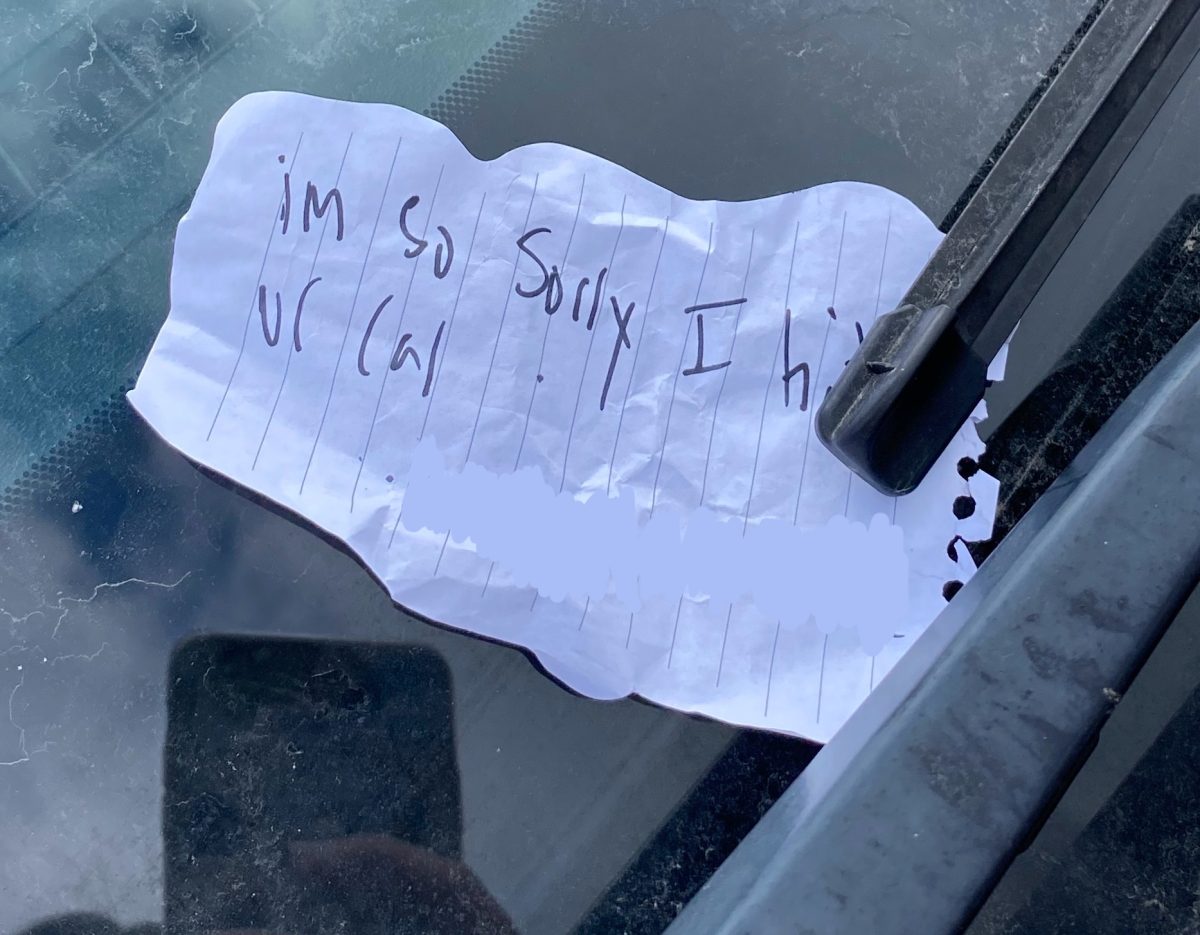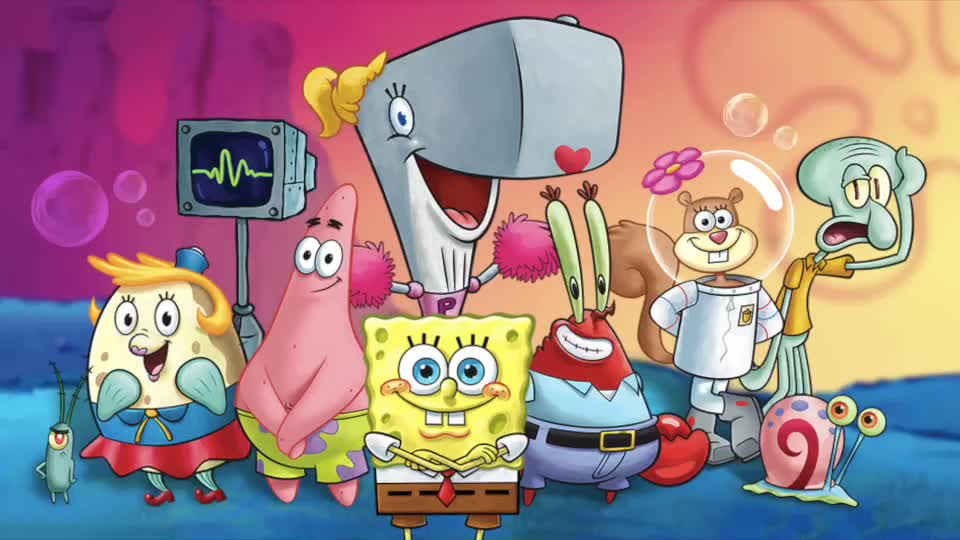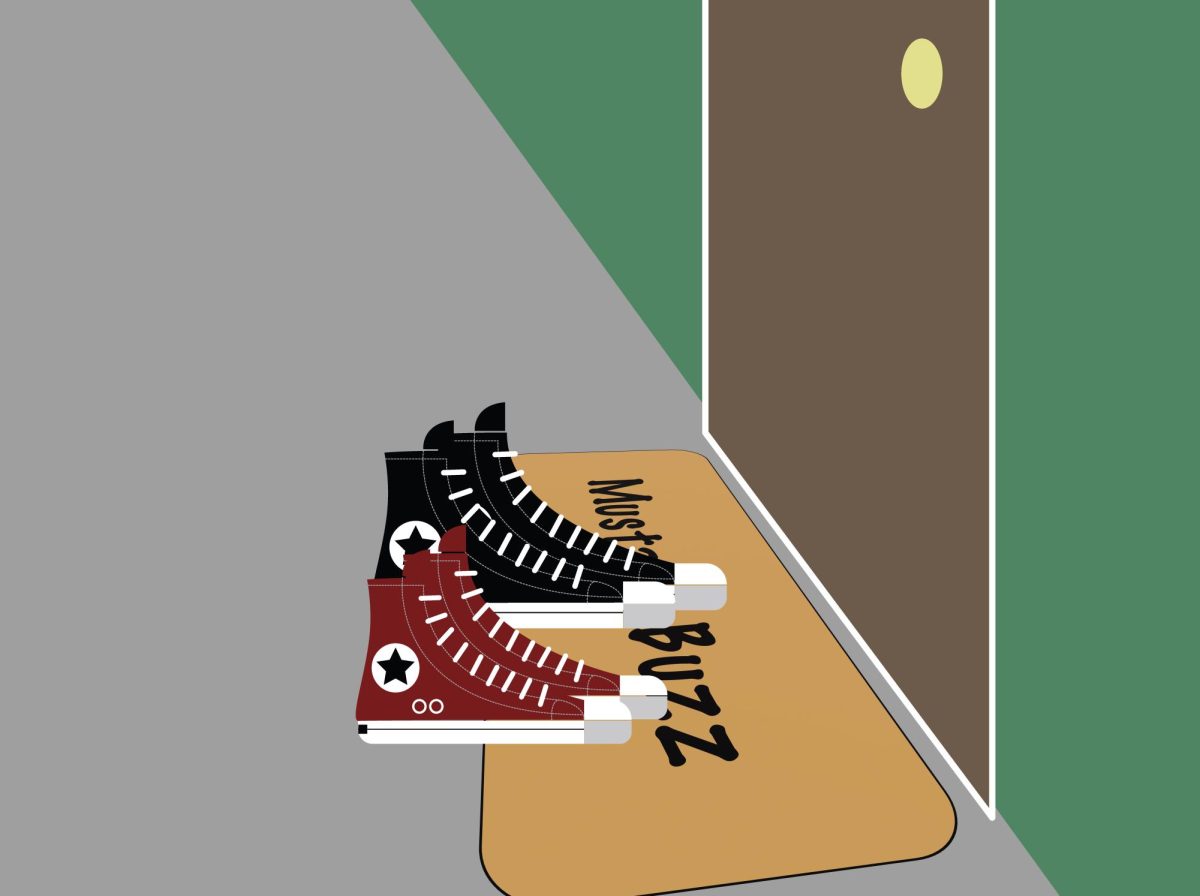At first glance, GamerGate appears to be a call to action of sorts; an attempt to return gaming journalism to a more respectable level instead of the corrupt state that it’s currently in. This seems like a reasonable motive to start a campaign to improve gaming journalism as some forms of it are questionable to say the least.
Oh, but is it ever that simple?
The surface of GamerGate is sparkling with opportunity, but remove the clean sheet, and there you’ll find the muck. The problem that GamerGate is targeting is completely different than the problem they’re actually fighting: not the overall quality of gaming journalism, but more women representation in gaming journalism.
This began because a game developer by the name of Zoe Quinn was accused of sleeping with gaming journalist Nathan Grayson from the popular gaming website, Kotaku.
The allegations were made by Quinn’s now ex-boyfriend Eron Gjoni. He claimed that Quinn slept with Grayson so that her new game, Depression Quest, would get a good review on Kotaku. The game itself was released early August 2014, around the time of actor Robin William’s death. Quinn wanted to present this game to people that might not understand what depression is like.
Many people started to speak out and attack Quinn for the allegations against her and for the questionable release date of her game, even though the game itself is pay-what-you-want, and any money it received went to the National Suicide Prevention Hotline.
The attacks on Quinn were mostly over social media (like Facebook, Twitter, and Youtube), and since such harsh attacks are not allowed on most of those websites, the messages, videos, and other forms of attacks were removed.
This sparked the first instance of GamerGate. The people of the internet saw the deletion of these posts as an act of censorship, saying that by deleting their posts, the people who run the sites were trying to silence them, to cover everything up.
Maybe it started out as a call to make ethical gaming journalism, to improve it, to call out those who take payments for good reviews, but it quickly devolved to a state of anti-feminism in video gaming in general.
If the story about Quinn is real, then what should be focused on is how developers can persuade gaming journalists to get a better review. Instead GamerGate decided to take the idea that all women in gaming are manipulative and untrustworthy.
The GamerGate issue has slowly been increasing as the months go on, starting in early August, and still going strong coming into November. Even some celebrities have been getting involved, which include Felicia Day, known for her appearance in the show Supernatural, and Chris Kluwe, a former NFL player. Both these celebrities identify themselves as gamers, and both feel that GamerGate is in the wrong.
Felicia Day expressed her concerns with GamerGate in a blog post on Oct. 23, saying that she hadn’t said too much on it out of “Self-protection and fear.”
She felt that the GamerGate movement would peter out like many other so called “movements,” but when it didn’t, she felt like she needed to address it. Merely hours after posting her thoughts, she was bombarded with threats and angry men.
In a great example of how hostile GamerGate actually is to females, Chris Kluwe made a similar post on the website Medium.com. He used many slurs and called the participants of GamerGate names and insulted them. He posted this on Oct. 21, but has been met with minimal attacks and threats, almost none at all.
Any supporter of GamerGate will try and tell you that it’s about the ethics of gaming journalism, and I want to believe that, because the ethics of gaming journalism has been slim as of late. But attacking the female demographics of gaming does not solve this. GamerGate is just an excuse to belittle and extinguish the female presence in the gaming community, and it’s sickening.






























